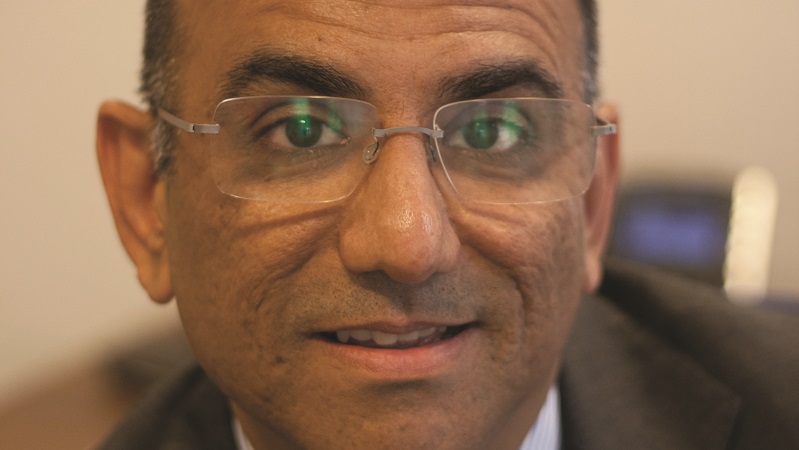A fund governance expert has predicted the Financial Conduct Authority will expect fund boards to go further than just delivering reports to show value for money, as Rathbones and Vanguard score themselves near perfect marks on their second value assessments.
It comes as asset managers’ fund boards roll out their second annual assessments for the 2020 financial year. Rathbones and Vanguard recently published their reports and have largely given their fund ranges a clean bill of health.
Both groups were praised last year for setting a high bar for their rivals as they were among the first asset managers to publish their value for money assessments.
Rathbones shifted all retail investors into institutional share classes, dropped fees on its Ethical Bond fund and extended an existing fee discount on the Rathbones UK Opportunities fund due to underperformance.
Will a report that gives a green light for all aspects of their fund range convince anyone?
In Vanguard’s first report last year, it concluded overall that each fund provided good value to UK investors, but its fund board highlighted two active and two index products for monitoring due to poor performance.
Vanguard’s latest report, covering 30 funds in the year to 30 September 2020, found once again its UK-domiciled funds provided good value to investors. In terms of performance, it rated 97% of funds as green, indicating good value, and 4% as amber which suggests they provide value but need monitoring, while none were red.
The actively managed Global Equity Income fund was the only one rated amber for performance. Vanguard said the fund continued to lag its benchmark over one and three years due to its structural bias to higher-yielding shares.
Lang Cat consulting director Mike Barrett says: “While Vanguard generally have an excellent reputation for providing value for money, I’m not sure a report that gives the green light for all aspects of their fund range bar one will help convince people these reports are genuinely driving improvements for the end investors.”
Rathbones’ fund board concluded in its second report that the Rathbone Income Fund offers value for money but merits further monitoring (amber).
“The board acknowledged that it has been a particularly tough year for value-oriented funds and for those designed to pay an income,” the report said. “Compared to last year, the fund’s distribution was reduced by 20.5%.”
Look beyond reports to company culture and process
The Fund Boards Council has analysed more than 200 of the value reports published before 30 September and on the whole, thinks there has been an improvement in reporting, although this is by no means across the board.
Fund Boards Council chief executive Shiv Taneja thinks some of this positive momentum will roll over into the second year of reports, but he suspects the regulator is going to be a lot more focused on companies’ internal processes that lead up to the report.
He says firms need to start recognising that producing value assessments is more than just a regulatory issue – it’s a governance issue too. Taneja thinks the regulator will take more interest in boardroom conversations around products and fees and how well the independent directors are challenging the board, as well as evidence of processes such as minutes taken.
“Are all the firms on the same page? I would say absolutely not; a very large number of organisations are still very much seeing this through a regulatory lens and the view of, ‘We will do just as much as we absolutely have to and no more’.
“I think organisations need to think very seriously about the ways their board is set out, about the independence on their boards and all those sorts of things – and then how that manifests itself into the assessment of value process and ultimately into the report.”
Are reports even being used?
Research by the Lang Cat published at the end of last year paints a worrying picture for fund groups on how advisers are viewing value reports. It found only 6.4% of 560 respondents were aware of them and had actually used a value assessment, while 27% had no awareness of them. Of those who had seen one, 39% said it was neither useful nor informative.
Barrett says the research shows adviser use of the value reports is virtually non-existent, in part down to cynicism around the whole “marking your own homework issue”.
Last week, a report by the CFA UK found a significant proportion of fund boards’ assessment of value reports are not up to scratch, with reporting on risk, liquidity and ESG factors largely missing. It found the standard of the reports varied significantly and many failed to meet the requirements of both investors and the FCA.











